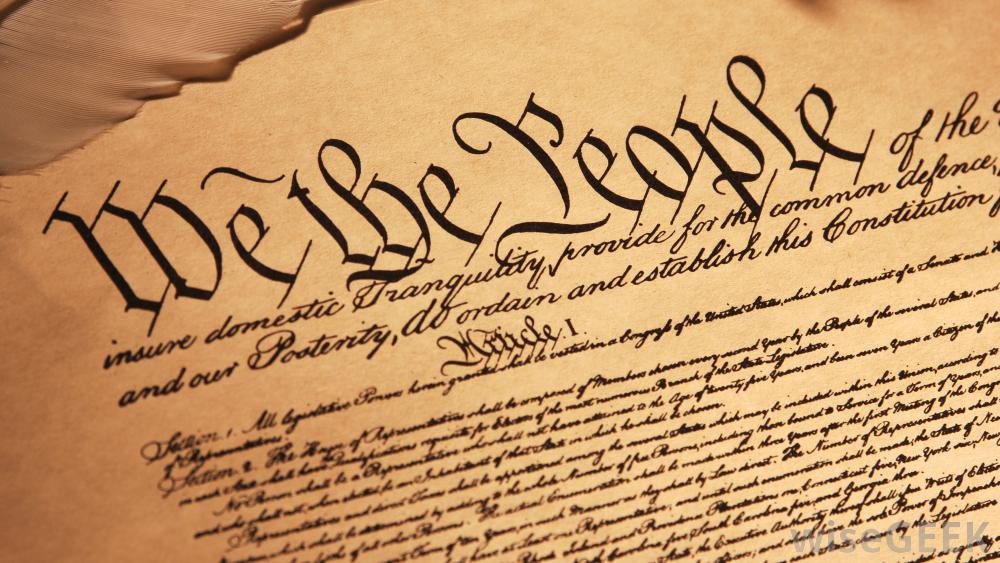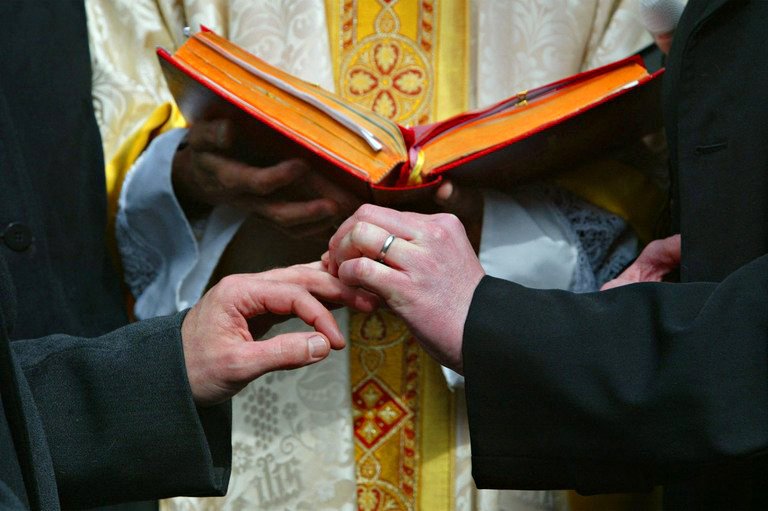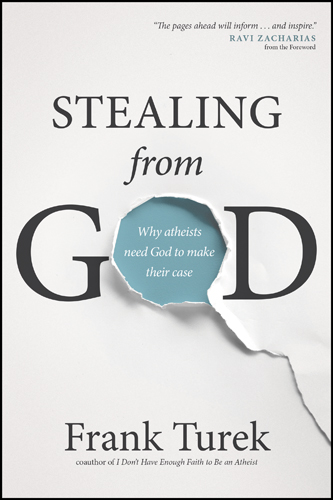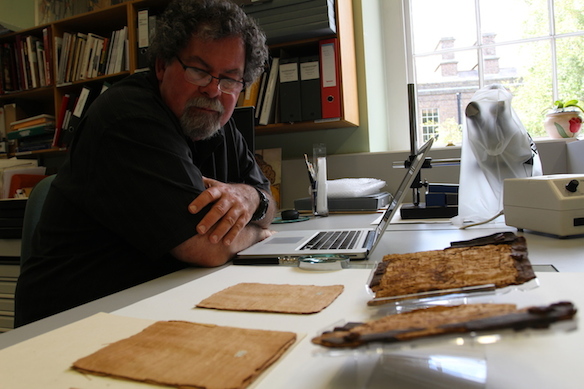In the interest of trying to provide some moral clarity, I want to examine the type of abortion scenario for which it should be straightforward to morally assess. My thesis in this article is thus narrow in scope but still significant in that some pro-choice advocates take a strong stance that abortion is to never be restricted and is never morally wrong. If it can be shown that this view is mistaken it may awaken folks to more carefully examine other scenarios as well. Here is my simple argument:
- If it’s generally wrong to kill a newborn baby, then it’s wrong in many cases to kill a full-term baby.[1]
- It’s wrong to kill a newborn baby.
Thus, it’s wrong in many cases to kill a full-term baby in the womb.
I’ll not be arguing for premise 2 as I’m interested here only in convincing those who already believe it’s wrong to kill newborn babies. I’m not trying to assess all possible cases of abortion but am merely wanting to examine whether or not it’s morally permissible to kill a baby that is fully matured but still in the womb. Also, my thesis deals merely with morality – it’s a separate question how this impacts laws.
Consider that many babies are born prematurely and yet have no adverse long-term health impacts. So if one thinks that it’s morally wrong to kill a baby that has been born say a month or so prematurely why think it’s morally permissible to kill an unborn human baby that is has developed for 40 weeks? In this scenario both babies are healthy and were not the product of rape or incest and were born into or would be born into reasonably loving families.[2]
Many arguments by pro-choice advocates fail in this scenario. For example, some claim that the life of the unborn is not worth protecting because it’s smaller or less well developed than humans that have been born. My youngest son Kevin was 10 pounds 6 ounces at birth and my wife’s labor was medically induced. He definitely stood out in the nursery at the hospital – the song “one of these things is not like the others” comes to mind. So when my wife went into the hospital that morning, would it have been wrong to kill Kevin? There are plenty of “preemie” babies that are probably healthy enough now that had a birth weight a small fraction of what Kevin weighed while in the womb. Was it really morally justified to kill my son Kevin just before birth but would be considered murder to kill one of the babies in the neonatal intensive care unit? Was Kevin less of a human person than a baby already born just because he hadn’t traveled a half foot down the birth canal? Is there anything developmentally that happens in the last minutes of pregnancy or during delivery that suddenly endows the baby with self-awareness or cognitive abilities sufficient to go from no protection of life to full protection. It should concern pro-choice advocates that their arguments that the unborn lack attributes worthy of protection seem to apply equally well to toddlers or adults in a coma, etc. In this scenario unborn Kevin was more developmentally advanced and certainly much larger than preemie babies.
What about the mother? Does her right over her body trump the rights of the baby inside of her? Isn’t it the case scientifically that mother and fetus are distinct organisms anyway? A pregnant lady is not four-legged. In this scenario I’ve proposed note that the Mom has already carried the baby to full-term and endured most of the sacrifices that pregnancy entails. She can deliver the baby and deliver it up for adoption and be at least as well off as if she had to recover from surgically aborting a full-term baby. Are there negative impacts to the Mom from delivering the baby sufficient to override the rights of the baby to live? If the mother decides to keep the baby, isn’t it possible that the child becomes a treasure and joy to the mother? Isn’t there a maternal instinct to protect one’s offspring that may have negative impacts emotionally on the mother if she ends the life of her child?[3] Science supports the notion that mothers generally have strong desires to protect their babies – it would be surprising if there were no negative psychological impacts on Mom to end the life of her full-term baby.
My final question to those who advocate abortion without restrictions[4] – do you really think it would have been morally acceptable for your Mom to kill you minutes before you were born? Do you really want to encourage a moral principle that would have so prematurely ended your own existence?
____________________________________________________
[1] I say ‘generally’ wrong to avoid controversial scenarios – e.g. the only way to stop a terrorist from detonating a nuke that will kill a million people would somehow necessitate the death of an infant. Likewise I say ‘wrong in many cases’ because I want to examine only whether or not there are ‘some’ cases where abortion is immoral.
[2]This is not a merely hypothetical scenario since 7 states and the District of Colombia allow abortions at any time during pregnancy and without restrictions.
[3] Whether this instinct is put there by God and/or evolution is irrelevant to my argument. Certainly natural selection favors whatever encourages mothers to preserve the lives of their offspring.
[4 One should not infer that I favor abortion just because I’m choosing to examine a specific scenario in this blog.










